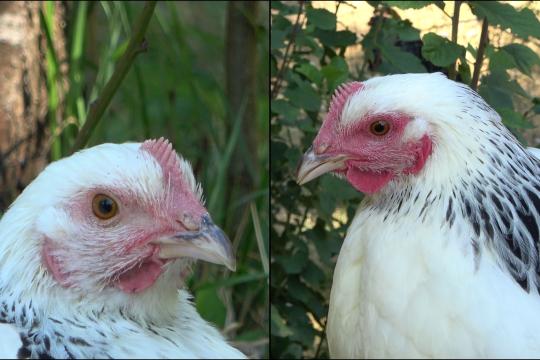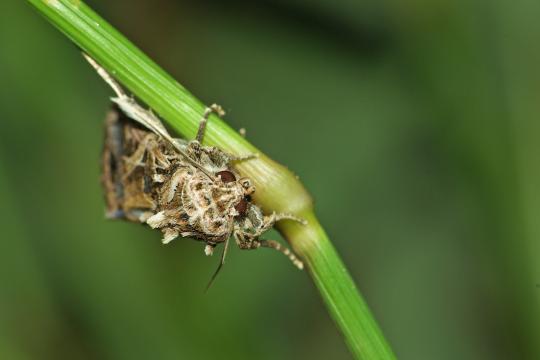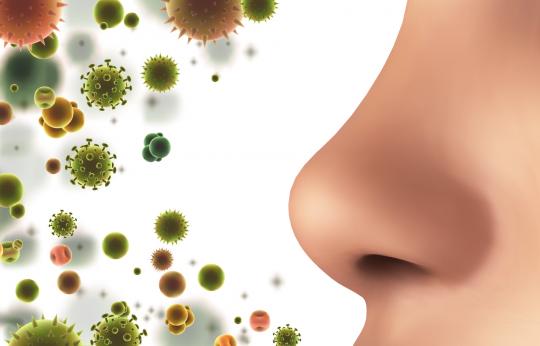Adapting to climate change and managing risks
• Moving towards climate neutrality by reducing greenhouse gas emissions and increasing the storage of carbon in soils and biomass • Adapting agricultural practices, forestry practices, and water resource management to deal with climate change • Understanding, anticipating, and limiting climate risks to reduce ecosystem vulnerability while also increasing ecosystem resilience • Forecasting, averting, and adapting to multiple climate risks and their interactions








